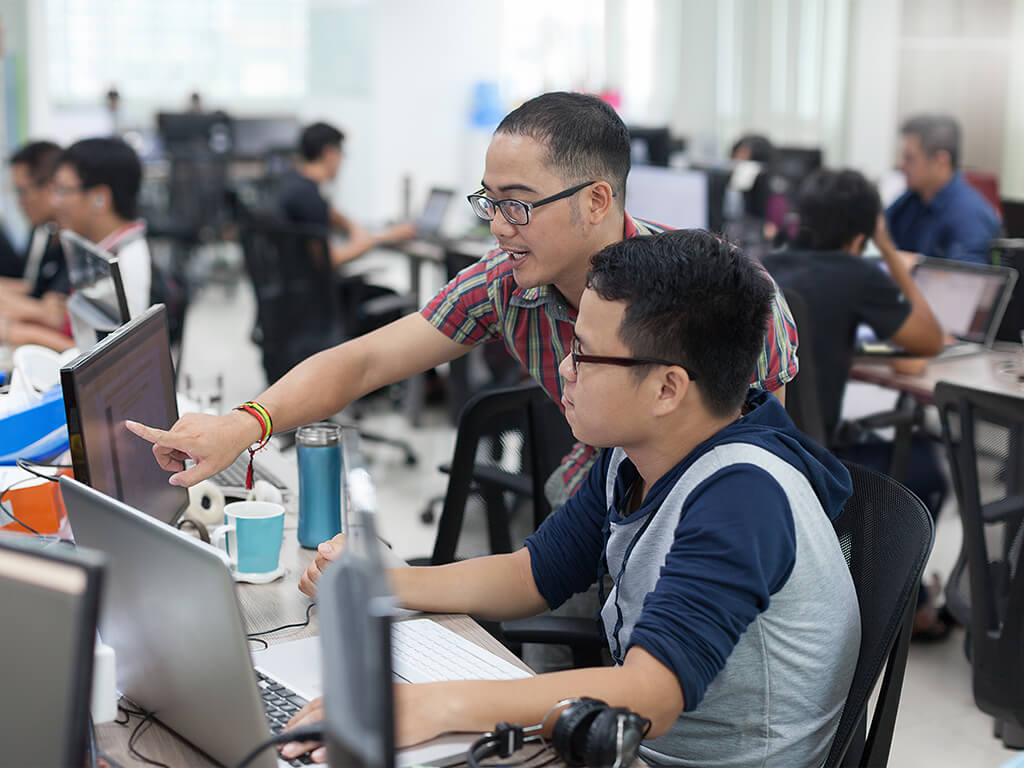Examples
Smart Charging and Virtual Power Plants
Significant efficiencies in the operation of electric vehicles as virtual power plants were demonstrated using Power TAC to simulate consumer response on a large scale to different demand response mechanisms such as price elasticity.
Smart Energy Ports
Many companies operate in the Port of Rotterdam because of its strategic access to Rotterdam, the largest port in Europe. To reduce the impact of the port’s industrial facilities on the environment, parties are gathering in renewable energy cooperatives (REC) to join utilities instead of each company generating energy from fossil fuels. The Power TAC platform powers the research providing the insights on new business models and algorithms to sustain the electricity grid and power supplies.
Smart Cities
Power TAC technology underpins Rotterdam’s participation in Ruggedised. The RUGGEDISED project (Rotterdam, Umeå and Glasgow: Generating Exemplary Districts In Sustainable Energy Deployment) aims to deploy smart city innovations that will enable rapid development and replication of energy-efficient urban districts. Expected results of the project cover not only technologies to reduce energy consumption and CO2 emission but also innovative business models for energy exchange, open-data platforms and advanced energy management systems.
Server Developers

The Power TAC server is a multi-module Spring application, built and run using Apache Maven. The code is open-source, licensed under the Apache license.
Released versions of the server are always available on github, as is the current development snapshot. See the participant’s wiki for detailed setup instructions.
Software development is hosted at github. There you will find a set of repositories for the server, the agent framework, the admin web application, the game visualizer, and other major components of the Power TAC simulation infrastructure. You will also find our issue-tracking system and the developer’s wiki with a wealth of information on the design of the server and its evolution.
Releases are announced on the developer’s mailing list, release notes are posted on the participant’s wiki, and release artifacts are hosted on github. Server release packages are quite small, generally no more than about 5kb – just a README file, a sample configuration file, and a Maven pom.xml file. Maven will download the modules and all their dependencies when you first run it.
The core development team includes groups at the University of Minnesota in Minneapolis, Erasmus University in Rotterdam, Aristotle University in Thessaloniki, the University of Zagreb, and the University of Cologne. If you are interested in becoming a developer, you may want to start by joining the developer’s mailing list. Then browse through the wiki and the code on github, set up a development environment, understand our project development policies, and volunteer for an area that interests you. Of course, you are always free to fork a module or two, make changes or additions, and issue pull requests to have your changes considered for inclusion in the server.
Power TAC can be applied in business model and policy testing. We’re happy to answer questions on how to apply the Power TAC platform to. Start out by investigating the resource links below and don’t hesitate to contact us with questions at info@powertac.org.
Developing a broker for a tournament team? Head to Getting Started in the Power TAC tournament.
Researchers

Create, Modify or Extend Simulations for Practical Use as Well as Scientific Research
We’re interested in expanding the global scientific network of scientists and researchers using Power TAC. Dive into Power TAC games and logs using analysis tools and software, extract data or use models for your research, and let us know about your research findings so we can spread the word!
Are you a computational IS researcher? Consider participating in or presenting at our online workshop! Policy, Awareness, Sustainability and Systems: Next Generation Research Challenges for Computation IS Research in Energy, Mobility and the Sustainable Economy in the department of Information Systems for a Sustainable Society, University of Cologne.
The workshop takes place annually. The next workshop will take place in 2023. Stay tuned for specific details. Interested presenters should submit an extended abstract (1 to 6 pages, excluding references) per e-mail to ketter(at)wiso.uni-koeln.de, including all names and e-mail addresses.
powertac.energy@gmail.com